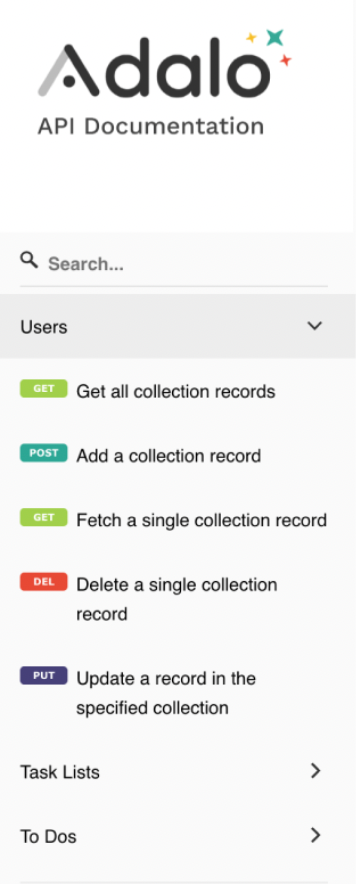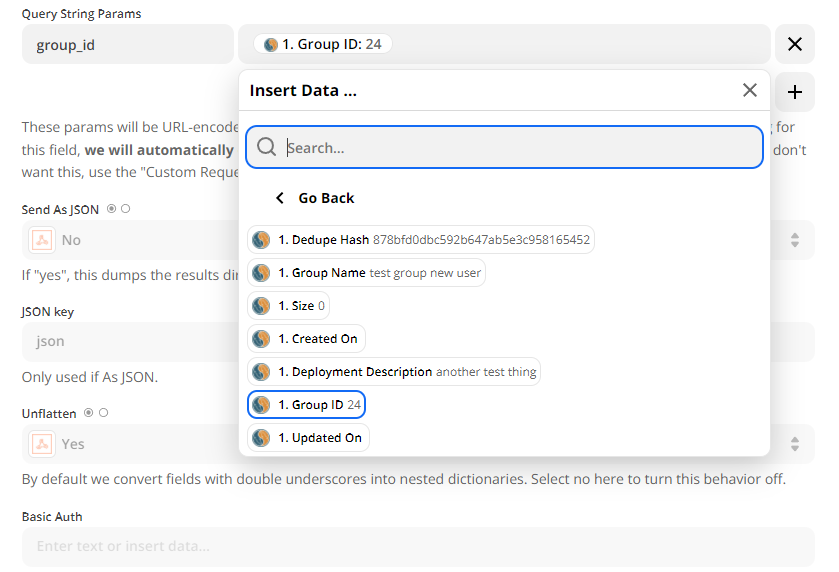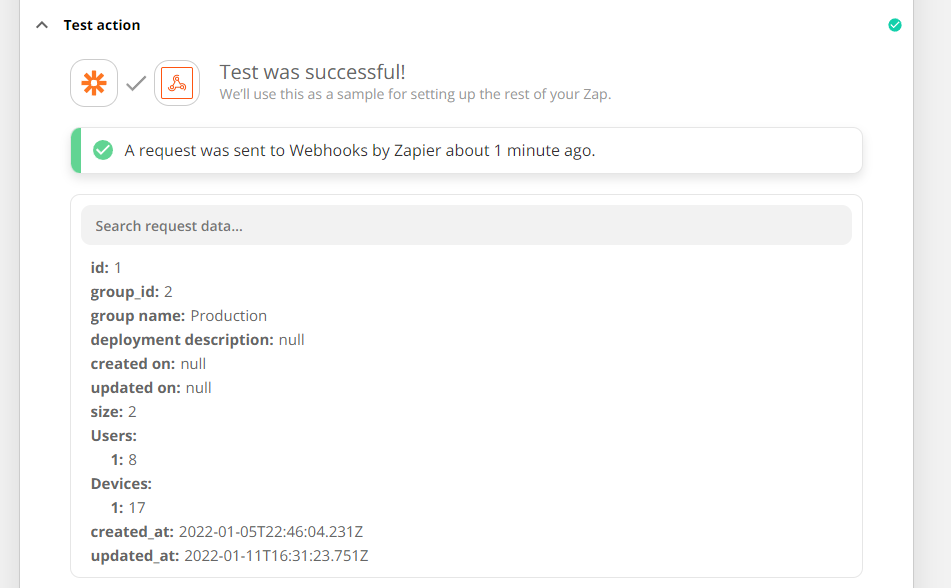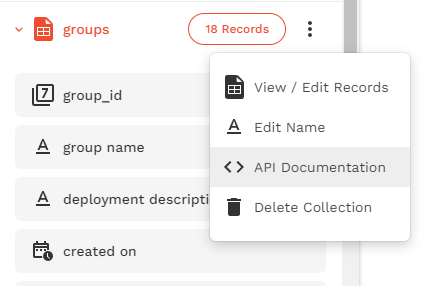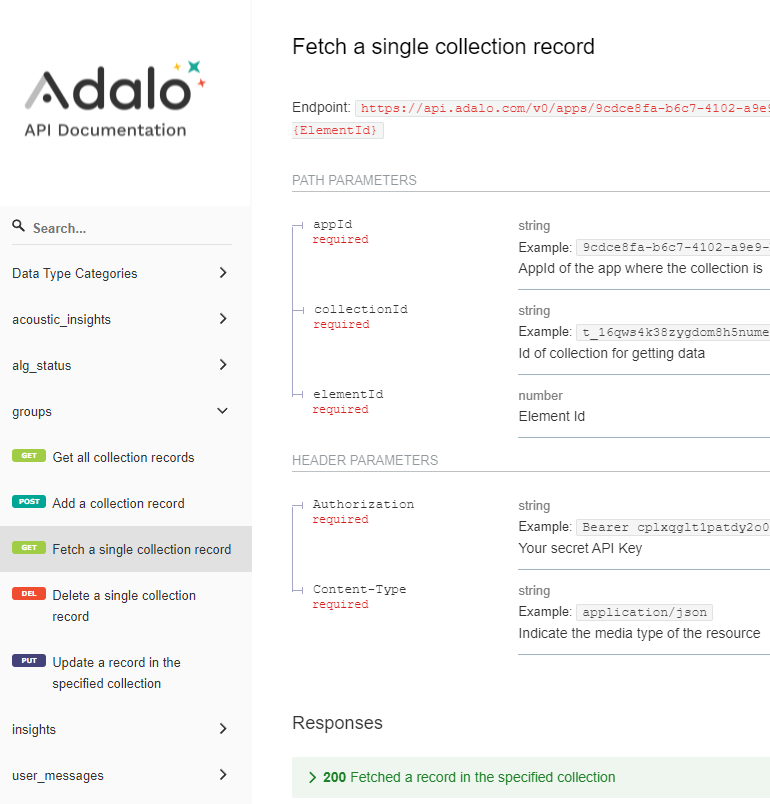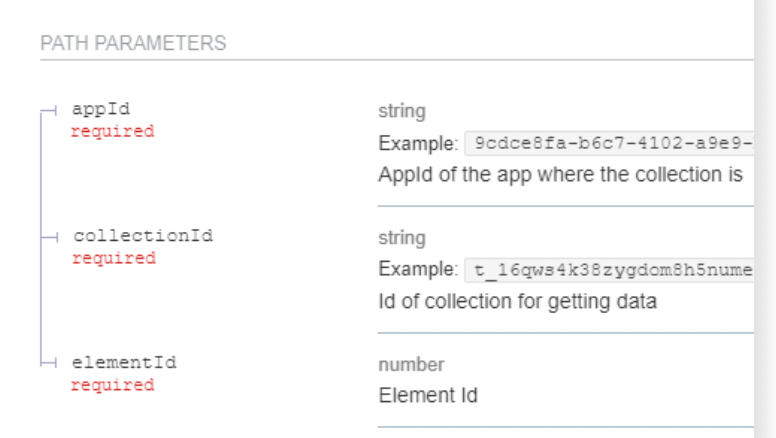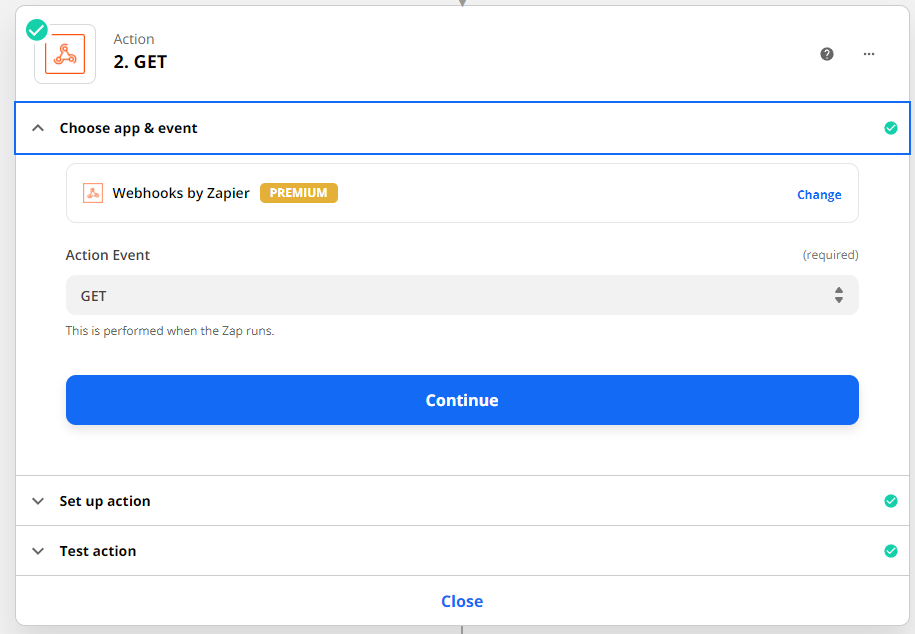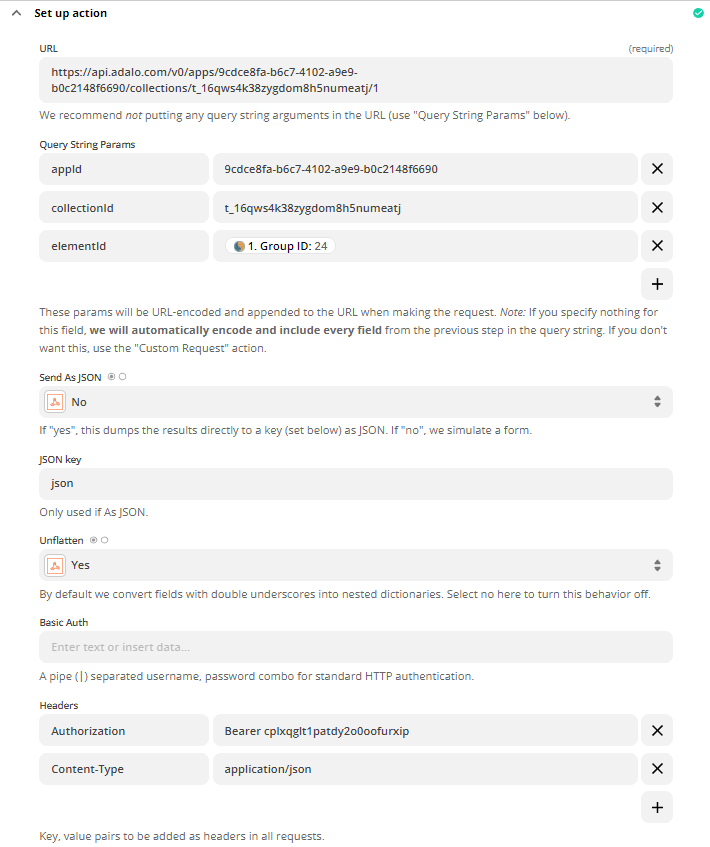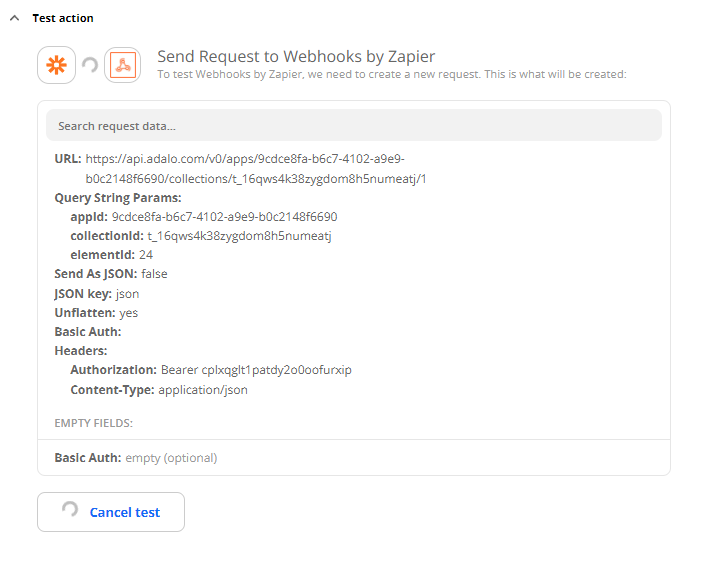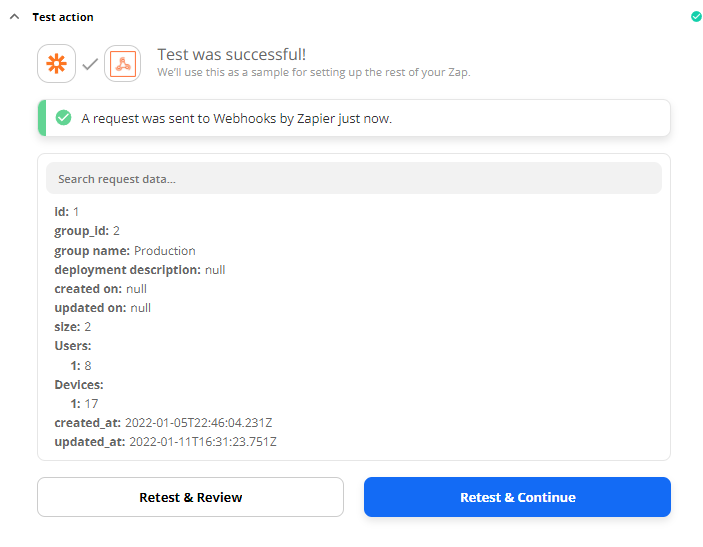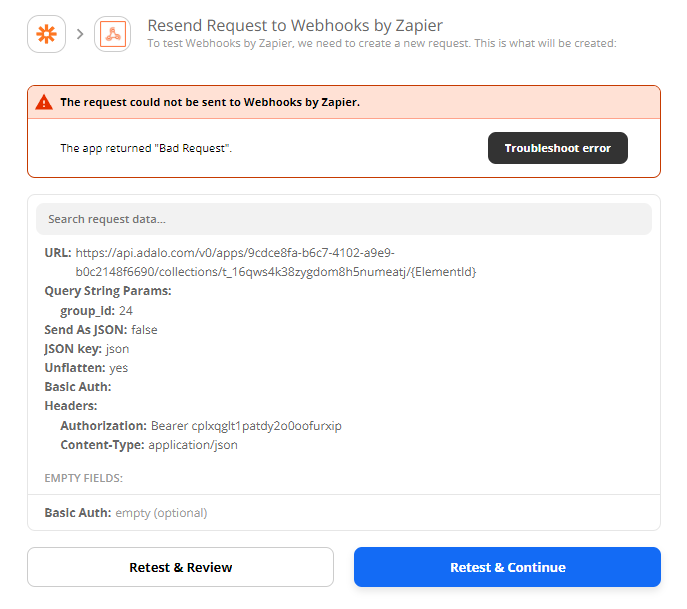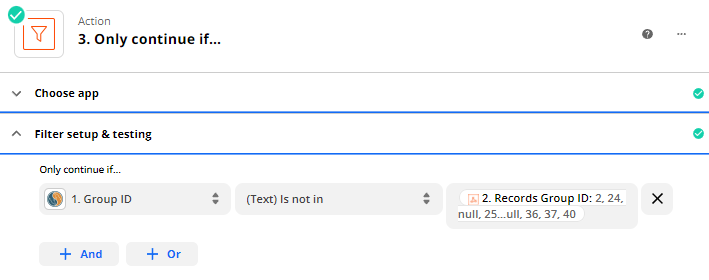I have a web app and mobile app that pull from separate databases, but still need to keep up to date with each other. My web app is working from MySQL, and I am developing a Native mobile app on Adalo.
I have very similar Zaps that, for instance, create a new record in Adalo if a new row is created in MySQL, and vice-versa. The issue is, when the first Zap is executed, it triggers the same Zap in the opposite direction. This will continue back-and-forth until a new row tries to be created in MySQL that is a duplicate, and will stop in Zapier because of this error (ie. user enters new record in Adalo → New row created in MySQL → Another (repeated) record created in Adalo → Error message in Zapier as we cannot duplicate this Adalo record).
For my Zaps that involve creating a record in Adalo that triggers a new row in MySQL, I have tried to create a filter after the trigger, but all these filters can only read record fields in Adalo, so I am unable to look for duplicate entries in MySQL, and filter out these Zaps before they finish.
Any advice on this is greatly appreciated


